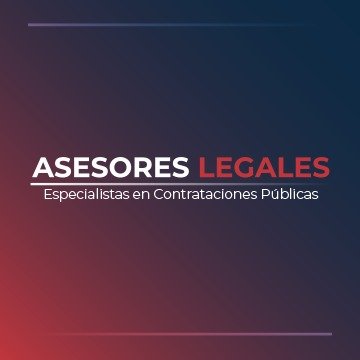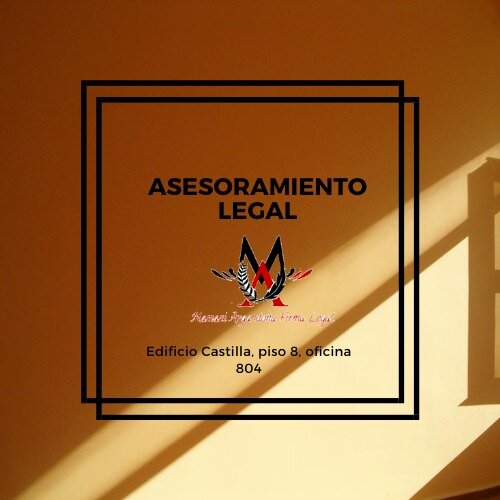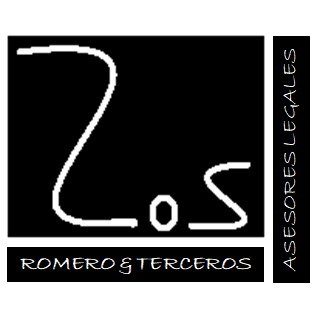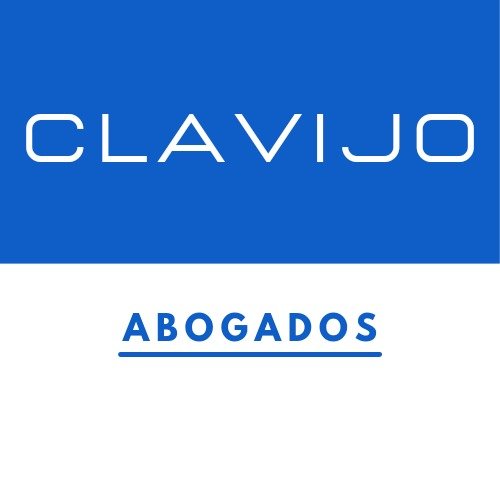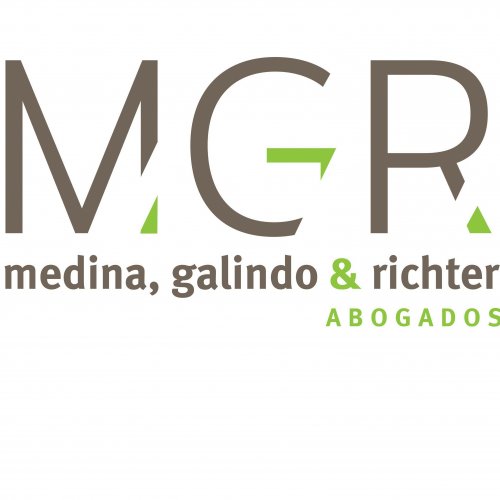Best Private Equity Lawyers in La Paz
Share your needs with us, get contacted by law firms.
Free. Takes 2 min.
List of the best lawyers in La Paz, Bolivia
About Private Equity Law in La Paz, Bolivia
Private equity refers to investment funds that acquire equity ownership in companies that are not publicly traded on a stock exchange. In La Paz, Bolivia, private equity is an emerging market, offering significant opportunities for investors and businesses seeking capital. The legal framework in La Paz has been adapting to global standards, creating a more attractive environment for private equity transactions. However, the Bolivian legal system is nuanced, and local business practices, regulatory oversight, and compliance requirements can differ greatly from those in other jurisdictions. As the capital and economic hub of Bolivia, La Paz hosts many legal and financial professionals with expertise in structuring, negotiating, and implementing private equity deals.
Why You May Need a Lawyer
Engaging in private equity transactions involves complex legal, financial, and regulatory issues. Individuals and companies often require legal assistance in the following situations:
- Forming or registering private equity funds or investment vehicles
- Structuring buyouts, mergers, or acquisitions of private companies
- Negotiating shareholder agreements and partnership contracts
- Ensuring compliance with Bolivian foreign investment laws and regulations
- Conducting due diligence on investment opportunities or target companies
- Resolving disputes between investors and company management
- Advising on exit strategies and repatriation of capital
Legal advice can be critical to avoid costly mistakes, ensure all regulatory requirements are met, and protect your financial interests throughout the process.
Local Laws Overview
The legal environment for private equity in La Paz is shaped by several key statutes and regulations. Private equity transactions typically fall under Bolivia’s Commercial Code and its regulatory framework for companies, foreign investment, and financial markets. The Financial System Supervision Authority (Autoridad de Supervisión del Sistema Financiero, known as ASFI) oversees financial institutions and some investment funds. The National Registry of Commerce (Registro de Comercio) manages company formation and filings.
Important aspects for private equity include:
- Company structures: Most common are limited liability companies (Sociedad de Responsabilidad Limitada - SRL) and corporations (Sociedad Anónima - SA).
- Foreign investment: Bolivia permits foreign investment but has sector restrictions and requires compliance with anti-money laundering rules.
- Labor and tax regulations: Any transaction must account for local tax laws, labor laws, and social obligations.
- Government approvals: Certain industries or large-scale transactions may require additional government notifications or permits, especially in regulated sectors.
- Dispute resolution: Disputes are typically handled under Bolivian law, though arbitration clauses are common in major contracts.
Because of these complexities, navigating local laws with professional legal counsel is highly recommended.
Frequently Asked Questions
What is private equity in the Bolivian context?
Private equity in Bolivia involves investment in private companies with the goal of improving their value and eventually selling the stake for a return. Investors may include domestic or international funds, high-net-worth individuals, or institutional investors.
Can foreigners participate in private equity deals in La Paz?
Yes, foreign investors are permitted to participate in private equity in Bolivia. However, there are regulatory requirements regarding registration, repatriation of capital, and in some cases, sector-specific restrictions.
What business structures are used for private equity investment in Bolivia?
The most common structures are limited liability companies (SRL) and corporations (SA). The choice depends on the size and nature of the investment and operational flexibility.
Is government approval needed for private equity transactions?
Generally, no specific approval is needed unless the transaction involves regulated sectors such as banking, natural resources, or telecommunications, or meets certain thresholds of capital.
How are private equity funds formed in Bolivia?
Private equity funds may be organized as closed investment funds and must comply with regulations from the ASFI and the Securities Market Law, including prospectus registration and reporting requirements.
What is the due diligence process in Bolivia?
Due diligence involves a thorough review of a target company’s legal, financial, and operational affairs. It typically includes checking company filings, tax records, contracts, permits, and compliance history.
How are profits and capital gains taxed?
Profits from private equity are subject to Bolivian tax law. This includes corporate income tax, potential withholdings, and taxes on capital gains. The specifics depend on the company’s activity and any applicable tax treaties.
What are common exit strategies for private equity in La Paz?
Typical exit strategies include trade sales to other companies, secondary buyouts, initial public offerings (IPOs), or negotiated share repurchases by founders or management.
Are there specific labor law issues to consider?
Yes, labor obligations and employee rights are strongly protected in Bolivia. Transactions may involve negotiations with unions, employee severance, or restructuring procedures subject to government oversight.
What should I look for when choosing a private equity lawyer in La Paz?
Look for experience in M&A, corporate finance, cross-border transactions, and a thorough understanding of the Bolivian legal landscape. Proficiency in both Spanish and English is often helpful for international investors.
Additional Resources
If you need more information or wish to consult authoritative sources, consider the following entities in La Paz, Bolivia:
- Autoridad de Supervisión del Sistema Financiero (ASFI) - oversees financial and investment services
- Bolivian Chamber of Commerce - offers resources and referrals for business law
- Bolivian National Registry of Commerce (Registro de Comercio)
- Bolivian Tax Authority (Servicio de Impuestos Nacionales) - for tax matters related to investments
- Bar Association of La Paz - directory of specialized lawyers
Consulting these organizations can help clarify regulatory requirements and connect you with qualified professionals.
Next Steps
If you are considering a private equity transaction in La Paz, Bolivia, the following steps are recommended:
- Define your investment objectives and scope
- Identify potential partners or target companies
- Consult with a qualified private equity lawyer to review your plans, conduct due diligence, and design an investment structure
- Prepare and negotiate all necessary legal documents, including investment agreements and compliance filings
- Work with financial and tax advisors to ensure optimal structuring and compliance
- Stay informed about local legal and regulatory changes that may affect your investment
Taking these steps with the assistance of legal professionals will help you protect your interests and succeed in the dynamic Bolivian private equity market.
Lawzana helps you find the best lawyers and law firms in La Paz through a curated and pre-screened list of qualified legal professionals. Our platform offers rankings and detailed profiles of attorneys and law firms, allowing you to compare based on practice areas, including Private Equity, experience, and client feedback.
Each profile includes a description of the firm's areas of practice, client reviews, team members and partners, year of establishment, spoken languages, office locations, contact information, social media presence, and any published articles or resources. Most firms on our platform speak English and are experienced in both local and international legal matters.
Get a quote from top-rated law firms in La Paz, Bolivia — quickly, securely, and without unnecessary hassle.
Disclaimer:
The information provided on this page is for general informational purposes only and does not constitute legal advice. While we strive to ensure the accuracy and relevance of the content, legal information may change over time, and interpretations of the law can vary. You should always consult with a qualified legal professional for advice specific to your situation.
We disclaim all liability for actions taken or not taken based on the content of this page. If you believe any information is incorrect or outdated, please contact us, and we will review and update it where appropriate.



